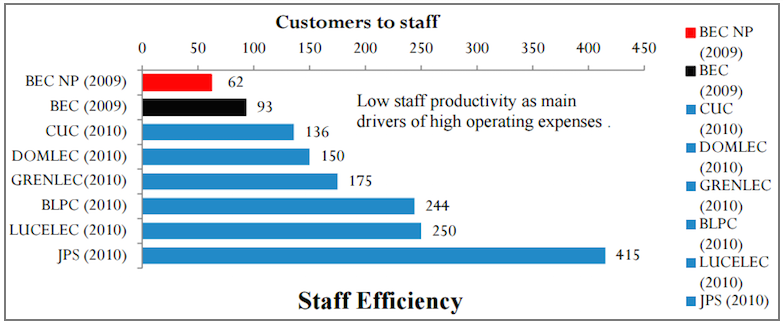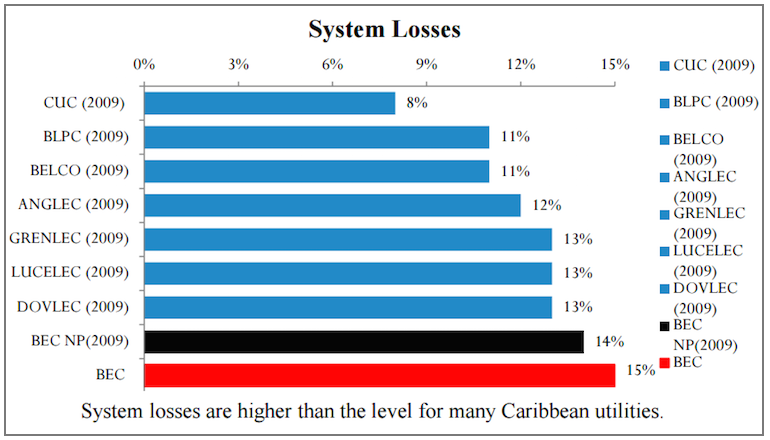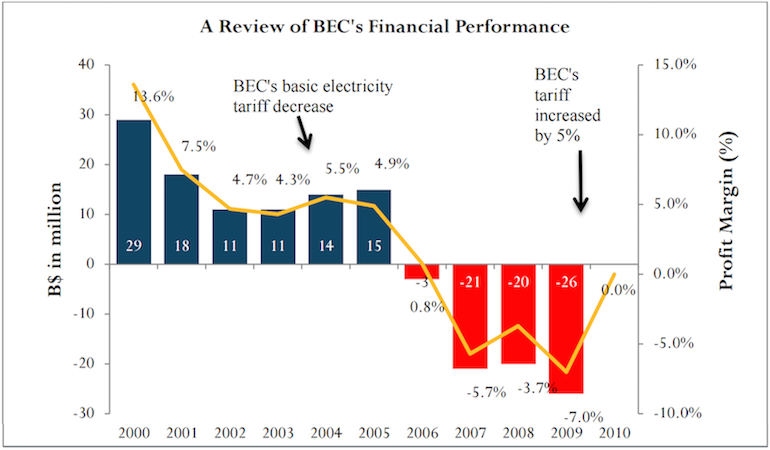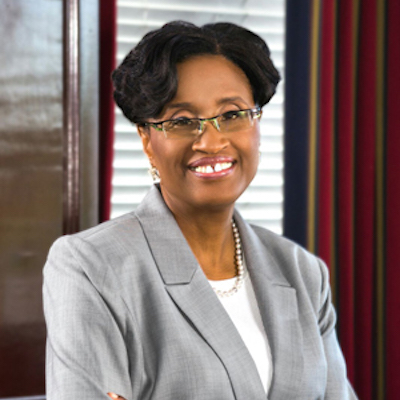BEC/BPL
The cost of electricity is an important economic issue. Power rates in The Bahamas are among the highest in the Latin American/Caribbean region. Virtually every economic study has suggested that the cost of electricity is a burden on the population and an impediment to improving economic performance and the private sector. One particular challenge is that the country uses petroleum-based fuel to produce most of its electricity to the point where petroleum imports equated to 11% of The Bahamas’ gross domestic product in 2011.
- State of the Nation Report, page 46
The Bahamas Electrical Corporation (BEC) was a government corporation that was the primary electricity provider in the Bahamas. They operated power plants at 25 locations throughout the Bahamas.
In May 2015, the government announced that it would grant management of BEC to Power Secure International for a transitional fee of $900,000 and signed a 5 year service agreement in February 2016. Three weeks after the signing of that agreement, Power Secure announced that it was being purchased for $431 million by The Southern Company (who were previously the majority shareholder of Freeport Power).
The government incorporated a new company, Bahamas Power and Light (BPL), that is wholly owned by BEC in order to “allow BEC to split off its generation, transmission and distribution duties and prepare for ring-fencing the utility’s million-plus legacy debt.” And so BEC became a corporate shell. Power Secure would now be managing BPL and hired senior executives who would serve under a Bahamian board of directors.
- Referenced from Bahamas Ecoforum
Leadership
BPL’s CEO is Pamela Hill who has held positions at a variety of other energy companies. “She replaces Jeff Wallace, who resigned from the post suddenly, citing ‘personal reasons’, just weeks after the deal between the government and Power Secure International - BPL’s parent company - was struck, and practically days after it was announced that Power Secure had been sold to Atlanta-based Southern Company.”
Leslie Miller was the last Executive Chairman for BEC and thus often surrounded by some controversy when things went wrong. “During his tenure as chairman, Mr. Miller was involved in a series of controversial incidents at the loss-making corporation, including public spats with BEC’s union leaders over overtime pay to employees and the revelation that he and his family-owned business owed the company more than $100,000. Union leaders repeatedly called for him to be fired during his time at the corporation.” Ref
BEC operates 29 generating plants in 25 island locations as of 2016. Ref
” Further, there are several pressing issues within the Bahamas Electric Corporation (BEC). Given the archipelagic nature of the country, BEC has a low customer to staff ratio at 93 customers per employee as opposed to 175 in Grenada, 224 in Barbados and 415 in Jamaica. Additionally, the system losses at BEC are about 15%, the highest in the region.” State of the Nation Report, page 46

The worst is both categories.


“Maintenance of generators has been problematic and service is unreliable, such that many more businesses in The Bahamas have emergency generators than their counterparts in the Caribbean. Although the government has embarked on a programme to reform the power sector, there are few energy conservation measures in place. Nonetheless, the recent appointment of a private sector firm to help overhaul BEC provides some basis for optimism.” State of the Nation Report, page 48

